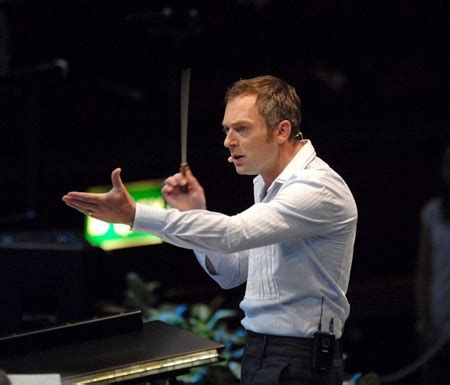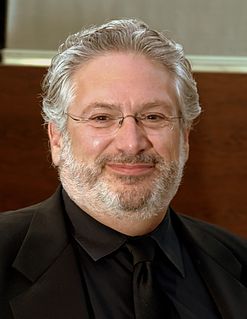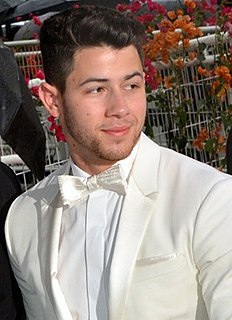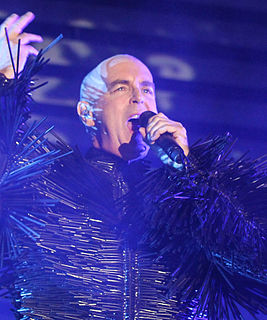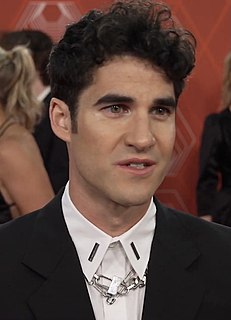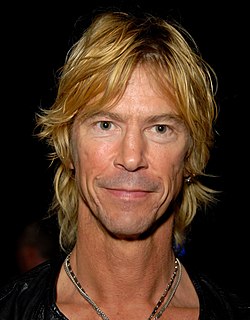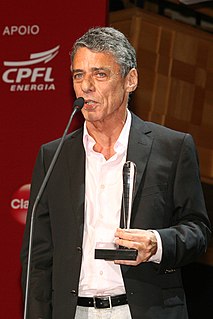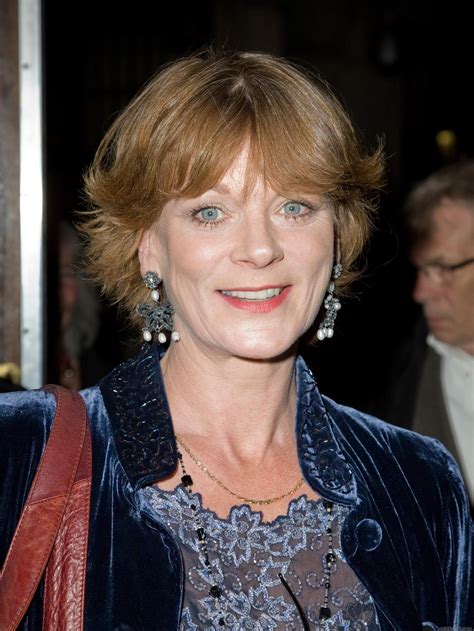A Quote by Charles Hazlewood
Musical 'fusion' projects have earned themselves a bad name, but that's mainly because they often involve pop artists conscripting orchestras to play unimaginative backdrops to their acts. What's really exciting is when you spark off a dialogue between very different musical forces.
Related Quotes
My real musical discovery started when I was 10 with Stevie Wonder and the Jackson 5, and acts that I connected with because they were young when they were doing it, like me. Then I kind of came into my own a couple of years later; I found new artists that shaped my musical landscape. For instance, Kings of Leon played a big part in that.
No matter what, I will always prefer a live performance. Whether it be a play or a musical, or playing music live. As long as it's live, it's the best because there's sort of an immediacy to connection between an audience and a performer, whereas where you do film or television, you're at the whim of so many different forces.
If there's one thing I feel very strongly about, it's that there shouldn't be a distinction between pianists who play Ligeti and those who play Chopin. It might seem that they involve different skill sets, but I don't think that's true: whether playing Ives or Bach or Beethoven, you must bring the same imagination, the same sensitivity, and an ability to deal with same kinds of musical problems. The method behind my madness, anyway, is to keep plugging away at this idea.
I personally have never trusted museums. ... It is because museums, broadly speaking, live off of the art and artifacts of others, often art and artifacts that have been obtained by dubious means. But they also manipulate whatever it is they present to the public; hence, until Judy Chicago, in the 1970s ... few women artists were hung in any major museum. Indian artists? Artifacts only, please. Black artists? Something musical, maybe? And so forth.
